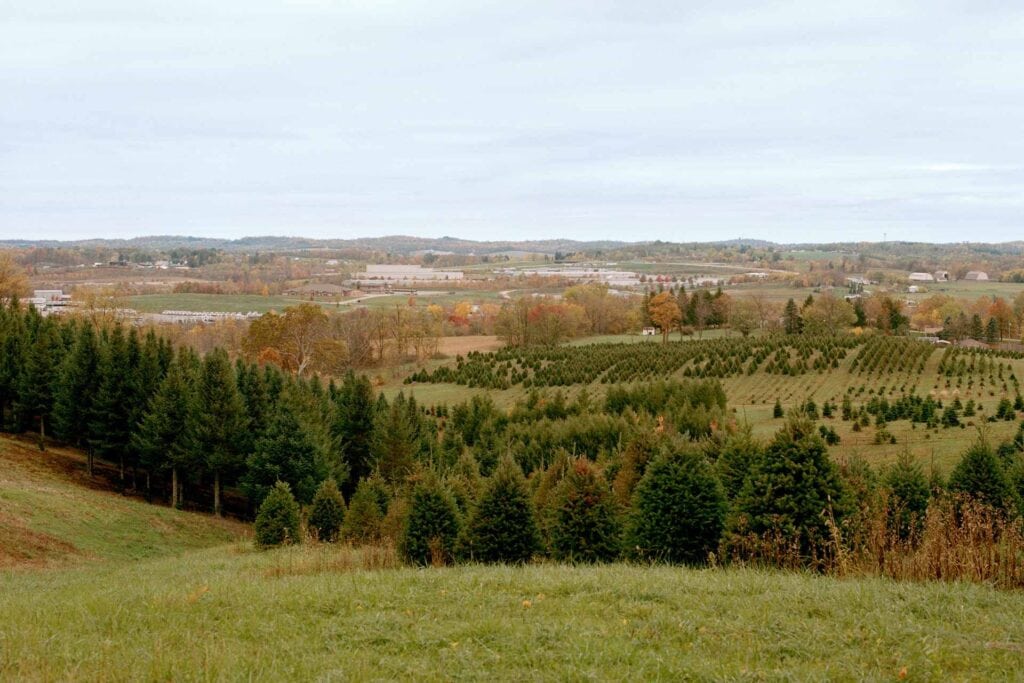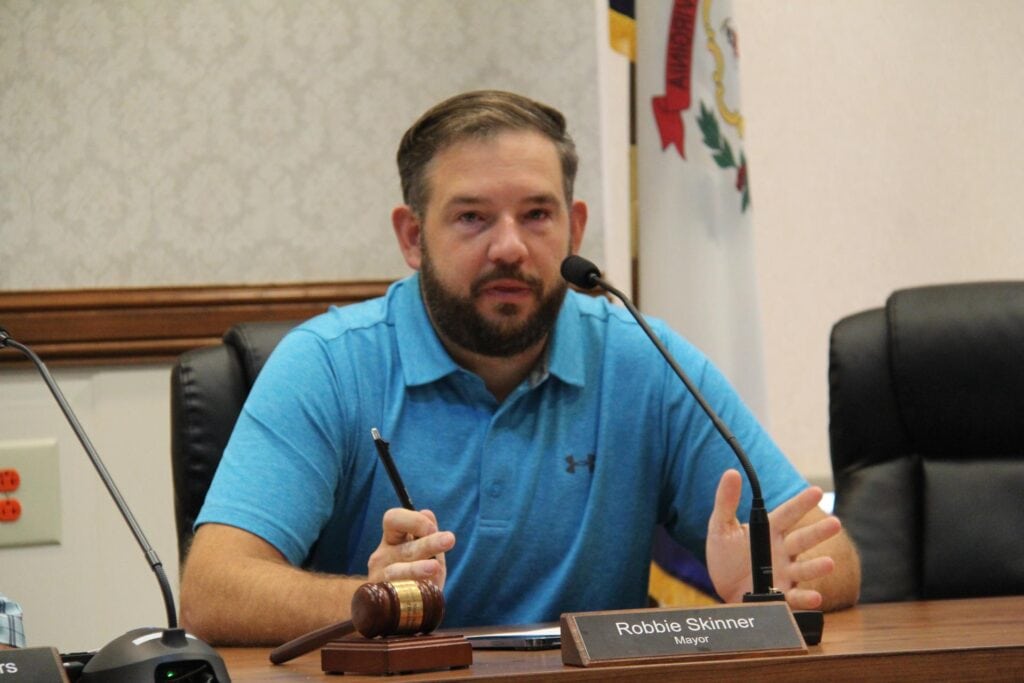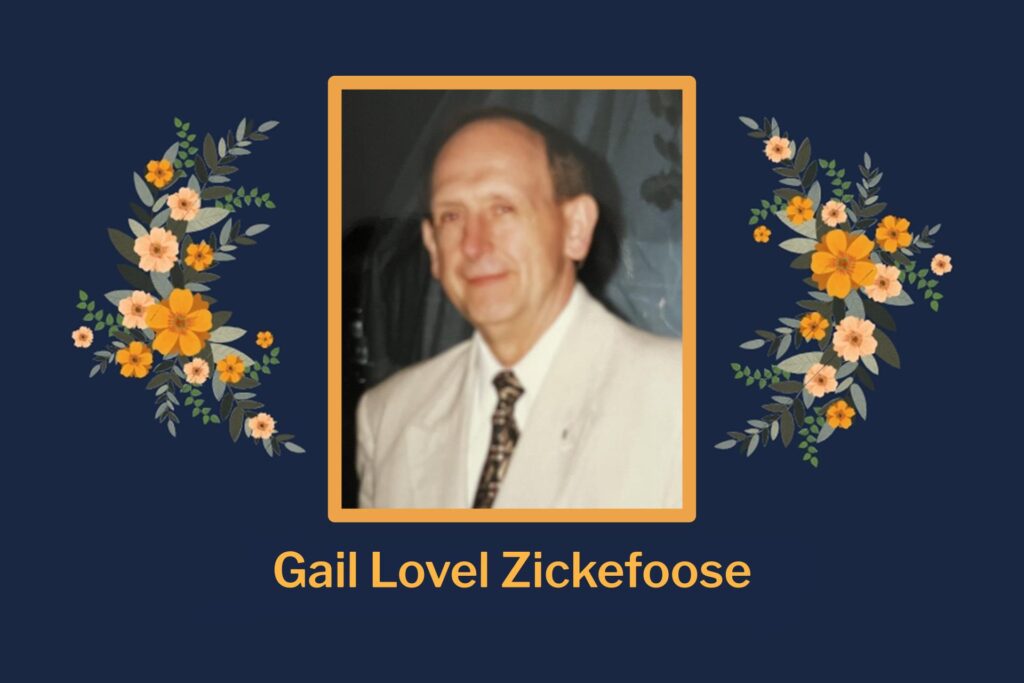MORGANTOWN — While the smell of fresh pine or the softness of fir branches can ease holiday woes, West Virginia University researchers have discovered that even the act of shopping for real Christmas trees offers consumers mental health benefits they don’t get on a hunt for artificial ones.
Exposure to real trees, even on Christmas tree lots or in grocery stores, can help consumers recover from mental fatigue, concluded a team led by Chad Pierskalla, professor of Recreation, Parks and Tourism Resources at the Davis College of Agriculture, Natural Resources and Design,
Pierskalla’s research grew out of a news article that made several propositions regarding the mental health benefits of real Christmas trees, including reduction in anxieties, psychological stress and depression.
“Those are primarily propositions based on research in nature in general,” he said. “We wanted to take that to the next step and specifically look at the benefits as it relates to Christmas trees and provide real empirical evidence for that.”
He partnered with the Landscape Architecture program within the Davis College to create the proposal, funded by the Real Christmas Tree Board, a national research and promotion program from the U.S. Department of Agriculture.
Pierskalla and his colleagues, including Dave McGill, professor and Extension specialist in Forest Resources Management, visited various retail stores, farms and Christmas tree lots. They also visited retail locations for indoor artificial trees. Based on those shopping experiences, they developed three-minute videos to show study participants.
“We asked our respondents to evaluate those videos that showed examples of Christmas tree displays and evaluate the restorativeness they perceived in the displays,” Pierskalla said. The team partnered with Jim Rockis, owner of Quarter Pine Tree Farm, to develop the methodology for the study and record footage for the video.
His findings provided the first empirical evidence that shopping for a real Christmas tree helps customers recover from mental fatigue, improves their ability to concentrate, restores their capacity to focus their attention and helps them feel less irritable. Moreover, a surprising and unexpected addition to those findings revealed the type of interest, or fascination, participants experienced during the processes of shopping for real and artificial trees.
“The indoor trees are fascinating, according to our study participants,” Pierskalla said. “But it’s the type of fascination that’s like watching a sporting event on TV. It’s not the type of fascination you would find in nature, listening to the wind blow in the leaves or watching a ripple on a pond. That’s a softer fascination, and that’s the epicenter of fascination that nature can provide. It’s the type of fascination that’s needed to recover from fatigue.”
The research framework the team used is called “attention restoration theory,” which suggests mental fatigue and concentration can be improved by interacting with nature.
“Appropriately, the acronym is ART,” Pierskalla said. “And just like art, Christmas trees have that ability to provide people with fascinating stimuli to observe and also recovery from mental fatigue that we look for in all types of ART.”
Pierskalla and McGill would like to refine their search by comparing different types of real tree displays. McGill said there are fewer and fewer Christmas tree farms and the WVU team hopes their research can help such businesses make headway.
“It’s an issue with the Christmas Tree Growers Association,” McGill said. “They’re always willing to partner with people who are interested in trying to get into the business, but it’s not an easy business. It’s a lot of work, and they have as much demand as they can handle.”
The team would like to continue to direct their research toward incorporating nature into different types of human-made designs, including the use of indoor plants in both retail and classroom settings.
They also want to promote getting people outdoors. Pierskalla said the bigger picture is about trying to bring people back to nature in West Virginia. The Monongahela National Forest was selected to provide the 2023 U.S. Capitol Christmas tree as part of a year-long celebration called “Endlessly Wild and Wonderful” that aims to connect people to West Virginia’s public lands.
Pierskalla said the positive effects of nature aren’t a new phenomenon.
“It goes back to Hippocrates, who was one of the first to identify the healing benefits of nature when he stated nature itself is the best physician,” he said. “But maybe somewhere along the line, we forgot that important message.”













